DESIGN FUTURES FORUM 2025: BRAVING COMPLEXITIES
ORGANISED BY
DATES
17 Sep 2025
OPENING HOURS
9.30am – 7.00pm
VENUE
Victoria Theatre
9 Empress Place
Singapore 179556
ADMISSION
S$120 (GST and platform-related fees apply)
Discounts available for students, early bird and group purchases
ORGANISED BY
DATES
17 Sep 2025
OPENING HOURS
9.30am – 7.00pm
VENUE
Victoria Theatre
9 Empress Place
Singapore 179556
ADMISSION
S$120 (GST and platform-related fees apply)
Discounts available for students, early bird and group purchases
ABOUT
Design Futures Forum 2025: Braving Complexities
In an increasingly complex and volatile world, what does the future of design hold?
The design process is never straightforward; it is a dynamic, multifaceted endeavour that reflects the layered and often unpredictable world we inhabit. Design navigates ambiguous, often contradictory terrains with agility, patience, and an openness to the messy, and often-times fluid nature of real-world processes.
As we look ahead, Design Futures Forum 2025: Braving Complexities addresses how the pressing concerns of care, sustainability, and emerging technologies are becoming ever more deeply intertwined, presenting both immense challenges and unprecedented opportunities for design to make a profound impact. How can we continue to leverage design to go beyond solutioning and identify fresh opportunities, articulate critical positions and craft new narratives? Where do we see the role of the designer changing to go beyond mere delivery, testing and observations in practice?
Returning for its third edition, the forum will explore new frontiers where designers become strategic visionaries, systems thinkers, and ethical advocates of positive change. This shift presents exciting opportunities for the design community to take on expanded responsibilities, influencing organisational strategies, shaping public policy, and fostering resilient communities.
Design Futures Forum 2025: Braving Complexities is curated by Aric Chen (Zaha Hadid Foundation) and Ong Ker-Shing (Lekker Architects).
This event is accredited 3 CPD points each by BOA-SIA, SIDAC (SIDS), and SILA.
INSIGHT 1: Design as a bridge between technology and ecology
Takeaway: Design can connect innovation with nature, turning biomaterials into scalable solutions, while challenging us to view non-human actors as collaborators.
Technology offers powerful solutions for the future of sustainability, but it also risks reinforcing the same extractive systems that have created today’s environmental crises. The forum also highlighted contrasting approaches to fungi and biomaterials.
Adi Reza from MYCL introduced mycelium as a “miracle material” already being scaled into leather alternatives, composites for construction, and even automotive interiors. By co-creating with communities through village-based micro-factories, MYCL demonstrates sustainability’s social as well as ecological potential.
In contrast, Feifei Zhou from terriStories urged restraint in reducing fungi to commodities. Her curatorial projects – where mould consumes household objects or pathogenic fungi reshape ecosystems — invite us to see fungi, and as a result, other similar biomaterials, as collaborators with agency, not just materials to be capitalised.
Grace Sai from Unravel Carbon challenged the audience to reframe the climate crisis through a systems design lens – the economy depends on the planet. She asks: how might designers embed climate consciousness in decision-making platforms to make this truth undeniable? By enabling governments and corporations to decarbonise faster, Grace posited that design and emerging technologies together can shift climate action from slow, costly processes to rapid, systemic change.
INSIGHT 2: Design-led innovation enables access to care
Takeaway: From healthcare to mental wellbeing, design shows that empathy and access must guide how we harness AI and technology for systemic change.
Access to healthcare, including mental healthcare, demands not just efficiency but empathy, with design at the centre of creating change.
Dr Fred Hersch from Google drew on decades of work to show how design-led innovation expands healthcare access. While tools like Google’s Open Health Stack can accelerate transformation, he stressed the need to understand human factors and behaviours.
Intellect’s Theodoric Chew showed how mental health services can evolve through access, personalisation, and cultural relevance. Starting from his own struggles with anxiety, he built Asia Pacific’s largest employee mental health platform, while recognising that technology should support, not replace, human connection in care.
INSIGHT 3: Design as enquiry: Using absurdity and imagination to ask hard questions
Takeaway: Absurdity, play, and speculation can act as design tools to question assumptions, reveal fragile systems, and imagine more sustainable futures.
Not all design is about problem-solving; sometimes it is about provoking reflection and individual action. Some of the speakers demonstrated how absurdity, play, and fiction can help us confront complexity.
Design researcher Thomas Thwaites described his projects born from “deliberate unease” — from building a toaster from scratch, to living as a goat — that embrace the idea of curiosity and even failure, and in doing so, reframes design and our place in the world.
Operating in a space between gaming and ecology, Alice Bucknell uses video games as “machines for getting lost on purpose,” inviting players to inhabit non-human roles and perspectives — from rivers to wildfires — and cultivate empathy across systems and species.
INSIGHT 4: Communities at the heart of sustainable futures
Takeaway: Lasting sustainability is shaped through design that strengthens and engages communities from the ground up.
Design for sustainability is not only about material innovation but also about people, place, and belonging.
In a conversation with the DesignSingapore Council’s Tamsin Greulich-Smith, Dr Lily Yeo from NTUC Health reframed ageing as the “gift of longevity,” with Singapore’s active ageing centres acting as vibrant playgrounds for seniors. She called for a shift from reactive healthcare to a preventative one, and community-led approaches that combat loneliness and celebrate the idea of growing older.
CHAT Architects’ Chat Chuenrudeemol joined the discussion to show how design can revive rural cultures. His project Indigo Loom House blends craft, housing, and community, sustaining livelihoods while reconnecting migrant workers to home traditions.
Louis Schulz from architecture collective Assemble illustrated how regeneration can be community-led, from Liverpool’s Granby Four Streets — where derelict terraces became affordable homes and workshops — to London’s House of Annetta, a hub for solidarity and spatial justice.
INSIGHT 5: Speculation as cultural critique and climate imagination
Takeaway: Speculative worlds can provoke us into imagining how we might live differently on a changing planet.
Imaginary futures are not escapism — they are cultural tools that help us rehearse responses to planetary challenges.
Speculative architect and world-building filmmaker Liam Young presented his film Planet City, exploring AI, planetary infrastructures, and imagined futures that sit between utopia and dystopia — asking us to envision life and culture in the face of climate collapse.
SESSION 1: SUSTAINABILITY X EMERGING TECH
As we work towards a more ecologically sustainable and regenerative future, while technology offers solutions, it is also a source of problems. This session examines the topic from both angles, suggesting multiple ways of framing – and reframing – our relationships with both technology and nature.
If technological innovation is primarily aimed at serving human needs, how can we make sure it also serves the needs of non-humans? The human- and techno-centric worldviews that have led to our ecological predicament will be explored alongside insights into both the possibilities and challenges of new sustainability-driven tools.
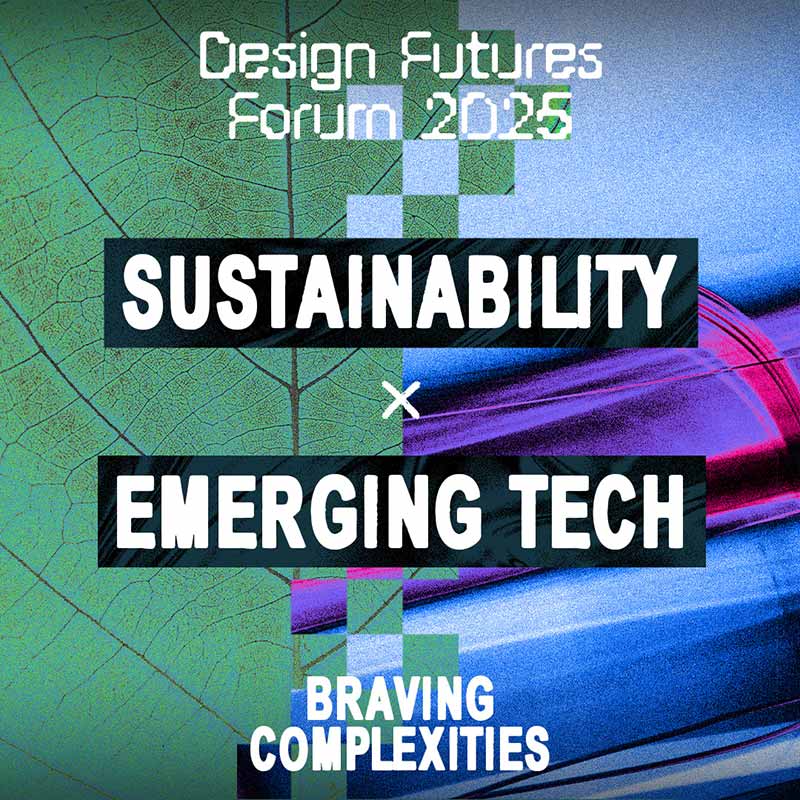
SPEAKERS AND MODERATOR
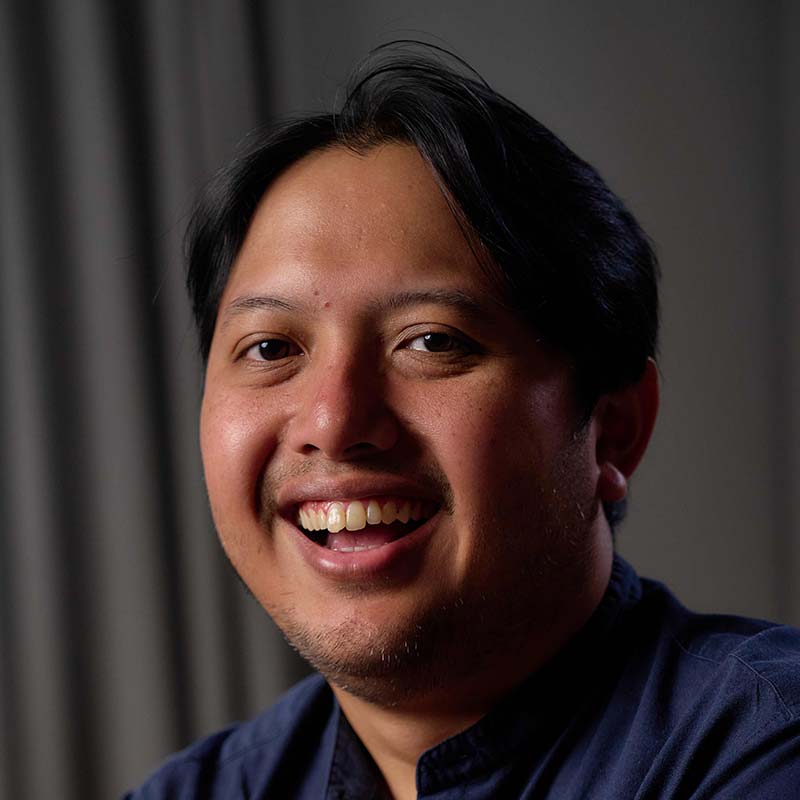
Adi Reza
Chief Executive Officer and
Co-founder, MYCL
Speaker
Adi Reza is the CEO and Co-founder of MYCL, a biotech startup pioneering sustainable materials from mycelium for fashion and construction. With a degree in architecture from Institut Teknologi Bandung (ITB), Adi has led MYCL to international acclaim, including the Earthshot Prize and MIT Solve finalist honors. Passionate about social entrepreneurship, he empowers communities while advancing climate-friendly innovation.
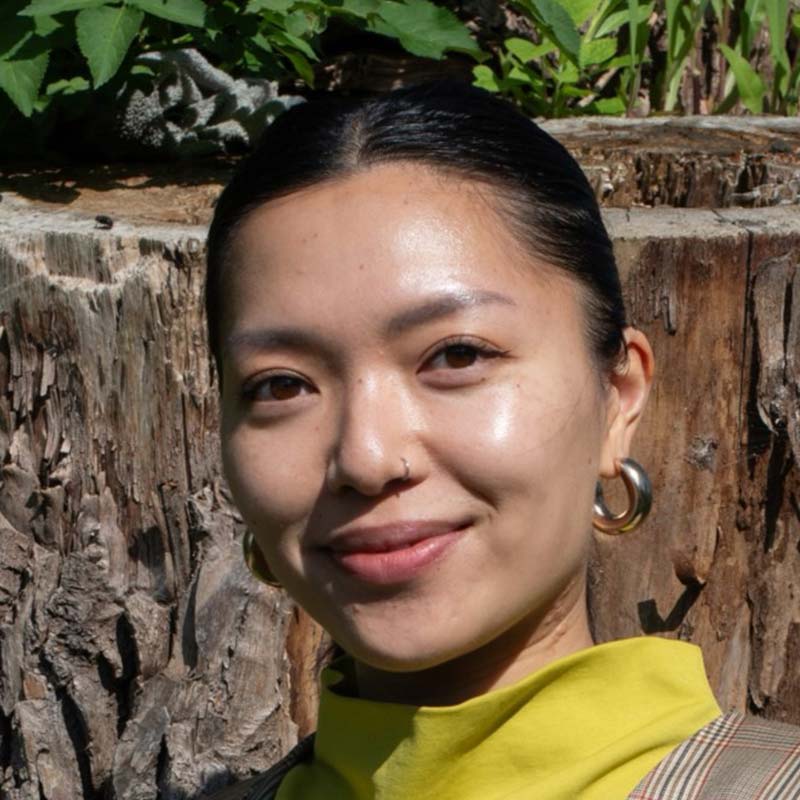
Feifei Zhou
Founder, terriStories
Speaker
Feifei Zhou is a Chinese-born spatial and visual designer, and the founder of spatial design studio terriStories. Her work explores spatial, cultural, and ecological impacts of the industrialised built and natural environment. Using narrative-based spatial analysis, she collaborates extensively with social and natural scientists to translate empirical observations and scientific research into visual representations that aim to both clarify intricate more-than-human relations and open new questions.
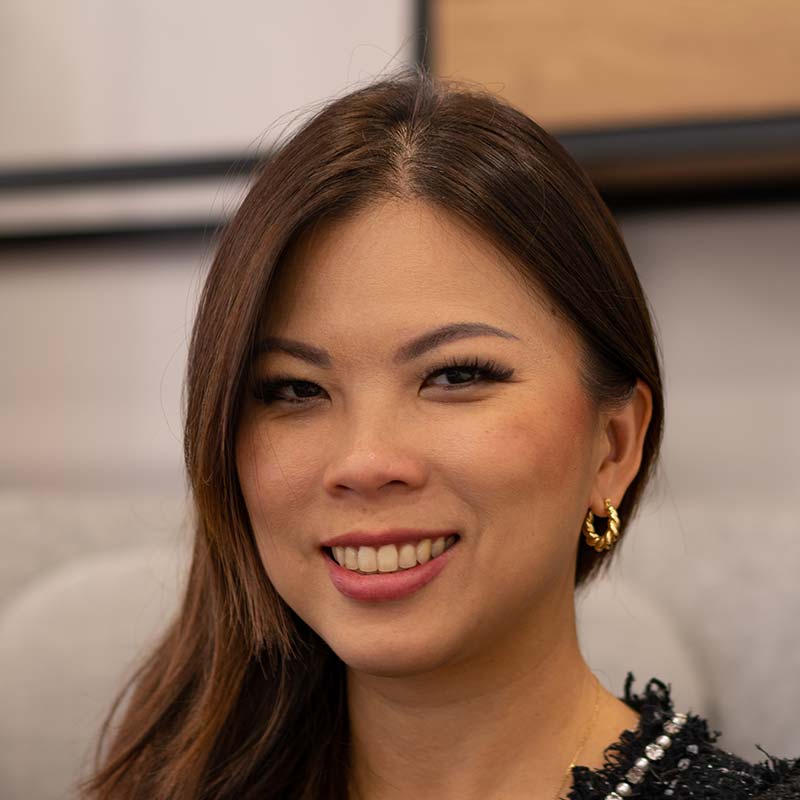
Grace Sai
Co-founder and Chief Executive Officer, Unravel Carbon
Speaker
Grace is a serial entrepreneur who is now dedicating her life to climate change. After a 15-year career in building startup and impact ecosystems, she led a VC fund as a Kauffman Fellow. She received her MBA from Oxford and a Masters in Organisational Change from INSEAD.
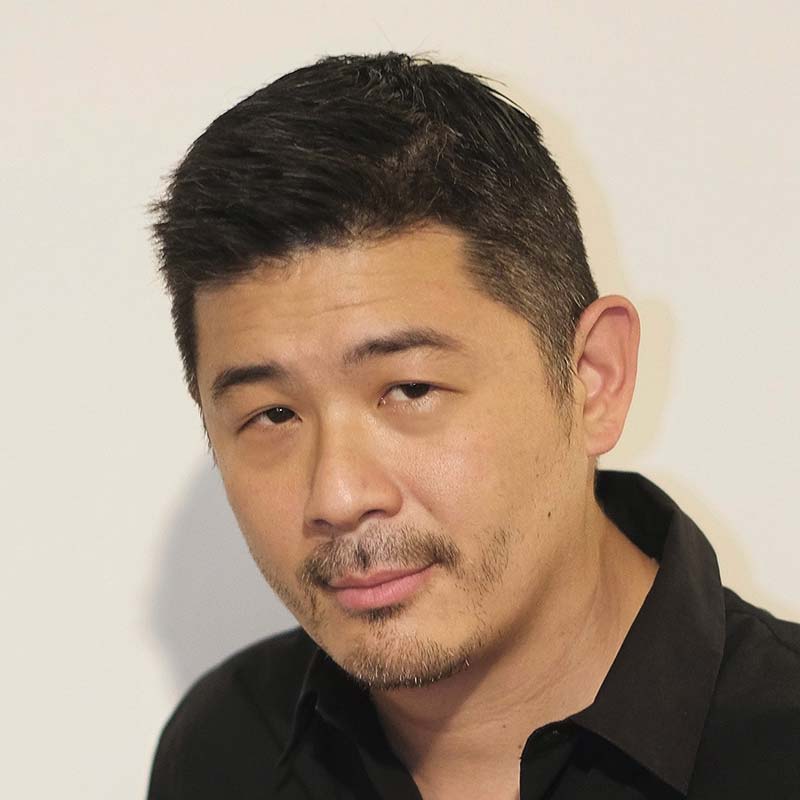
Aric Chen
Director, Zaha Hadid Foundation
Moderator
Aric Chen is Director of the Zaha Hadid Foundation, the non-profit, London-based cultural foundation established by the late architect Zaha Hadid. Previously, he served as General and Artistic Director of Nieuwe Instituut, the Netherlands’ national museum and institute for architecture, design and digital culture; Professor at the College of Design & Innovation at Tongji University (Shanghai); and Lead Curator for Design and Architecture at M+, Hong Kong.
SESSION 2: EMERGING TECH X CARE
Technology enables care in a number of ways – from the advancement of health services via diagnostics and delivery, to the democratisation of access via consumer platforms where information is more readily available at one’s fingertips. This session will explore not only the incredible upsides but the inherent challenges in designing access to health in the age of technology.
We will examine how design and ‘thinking like a designer’ contributes to the development of technology for care, and how technology can be harnessed to facilitate design innovation for care.
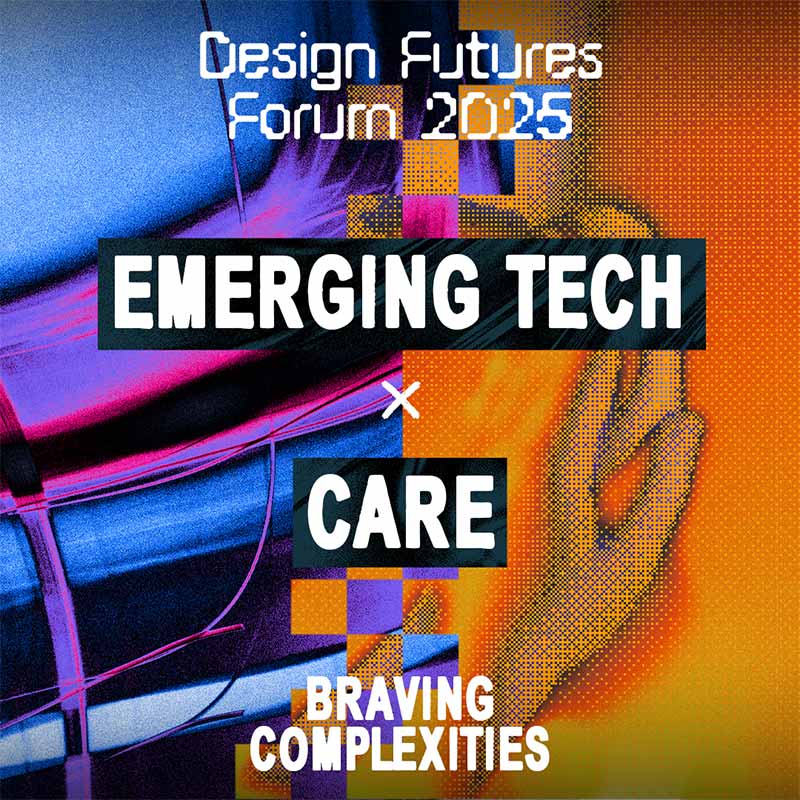
SPEAKERS AND MODERATOR
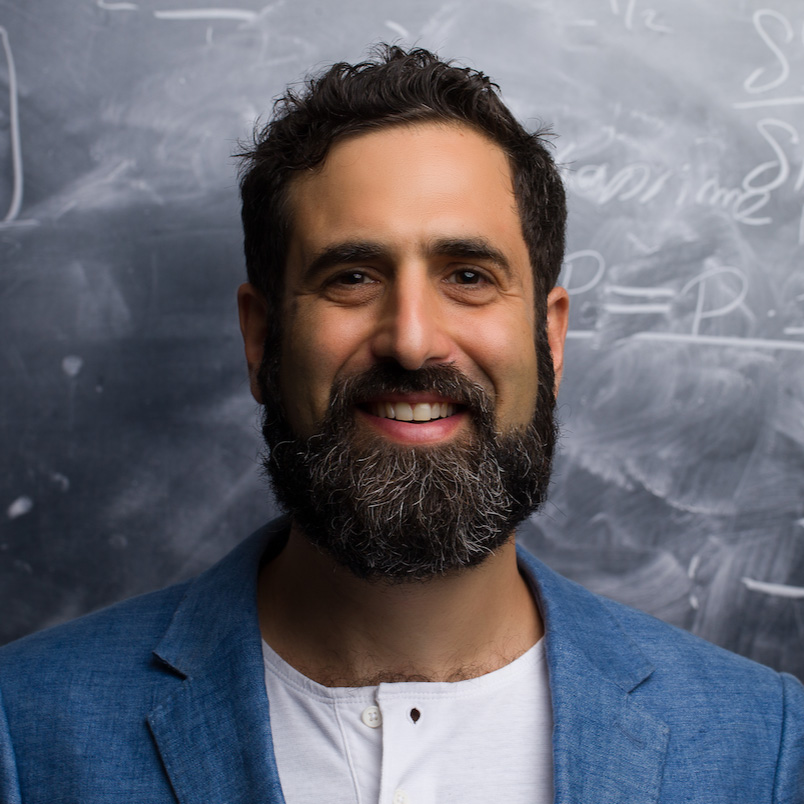
Dr Fred Hersch
Senior Product Manager (Health AI Research), Google
Speaker
Dr Fred Hersch is a doctor, product leader and corporate social innovator helping to reimagine access to care by catalysing digital health innovation through open technologies, AI, and human-centred design. He is a Senior Product Manager at Google and Product Lead for Open Health Stack, a suite of open source components designed to make it easier for developers everywhere to build “next-gen” digital health solutions. In 2025, Fred was recognized as a Schwab Foundation, Corporate Social Innovator for this work.
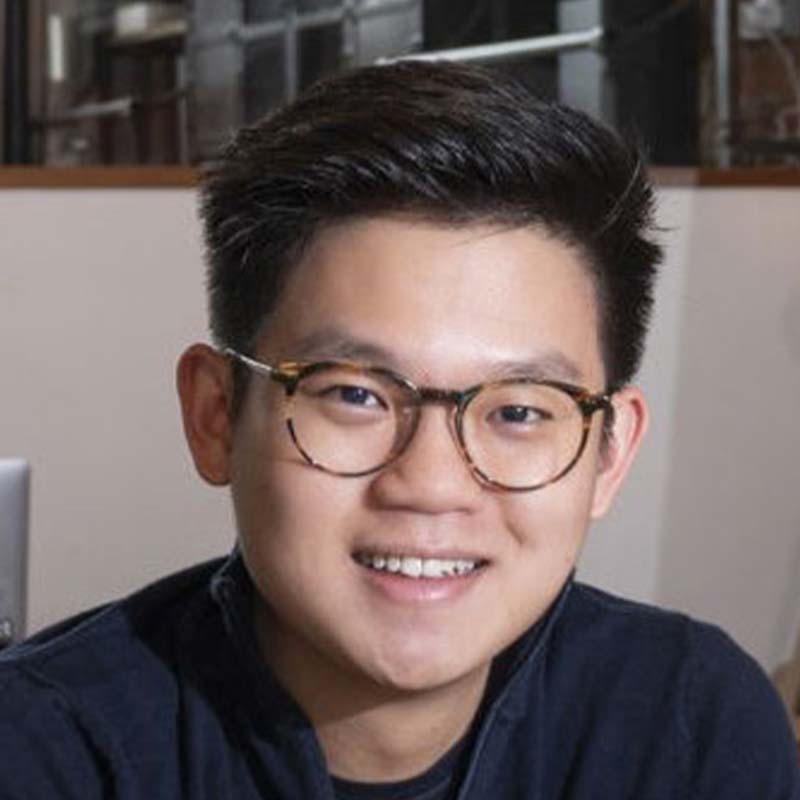
Theodoric Chew
Chief Executive Officer and
Co-founder, Intellect
Speaker
Theodoric Chew is the Co-founder & CEO of Intellect, Asia Pacific’s largest employee mental health benefits company, serving over 3 million users globally. A Forbes 30 Under 30 Asia honoree, he began his entrepreneurial journey at 16, later founding a content platform that was acquired at 20. He previously led marketing at Voyagin (acquired by Rakuten) and growth at Entrepreneur First before launching Intellect in 2019, now trusted by companies like Shopee, Grab, Singtel, and backed by top global investors.
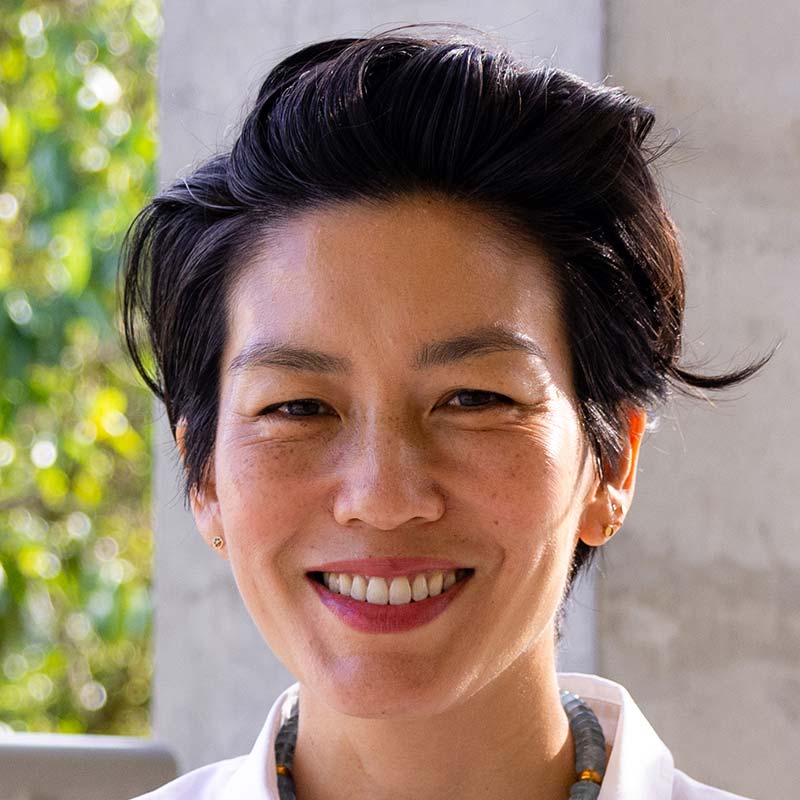
Ong Ker-Shing
Director, Lekker Architects
Moderator
Ong Ker-Shing is a designer and educator, co-founder of Lekker Architects, and Associate Professor (Practice) at NUS Department of Architecture. She is a registered Architect, with Masters degrees in Architecture and Landscape Architecture from Harvard Graduate School of Design. Shing has won multiple awards for her design work, including Singapore’s President*s Design Award of the Year twice. With Lekker, she works to advance interdisciplinary approaches to design for social impact and well-being.
SESSION 3: CARE X SUSTAINABILITY
Sustainable approaches to care can be explored by considering the social dimension. This session delves into how design practices are forging sustainable processes by engaging with community voices. We will unpack what it means to design with care, for humans and our planet.
The role of the designer is reimagined as a facilitator – working to maintain a grassroots authenticity and ensuring that innovation remains embedded within local places and cultures. Through these design-led methodologies, collaboration with communities is fostered, leading to solutions that are both contextually situated and inventively forward-looking, in shaping a future for all.
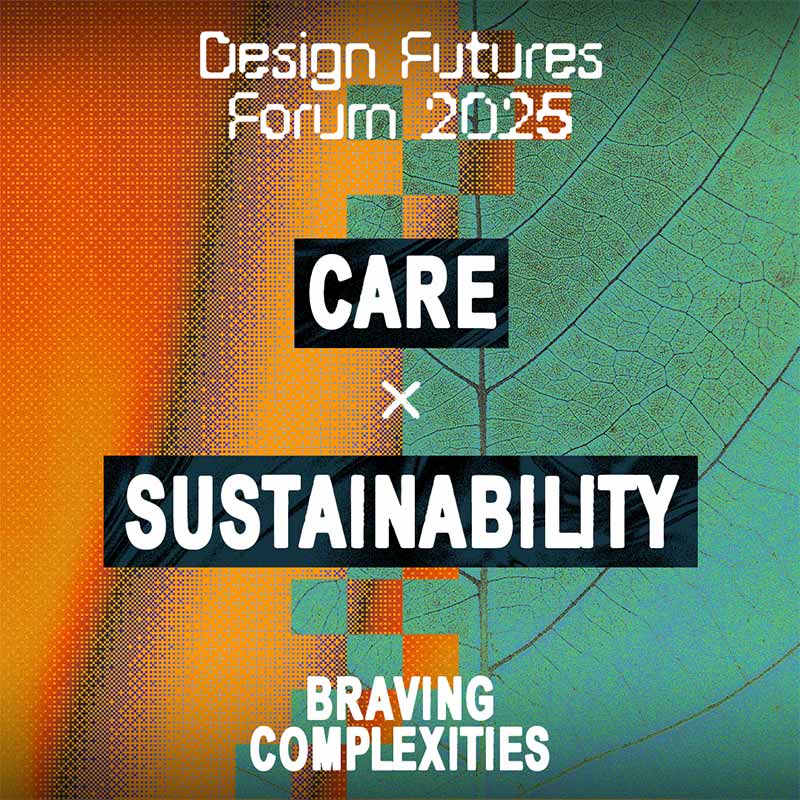
SPEAKERS AND MODERATOR
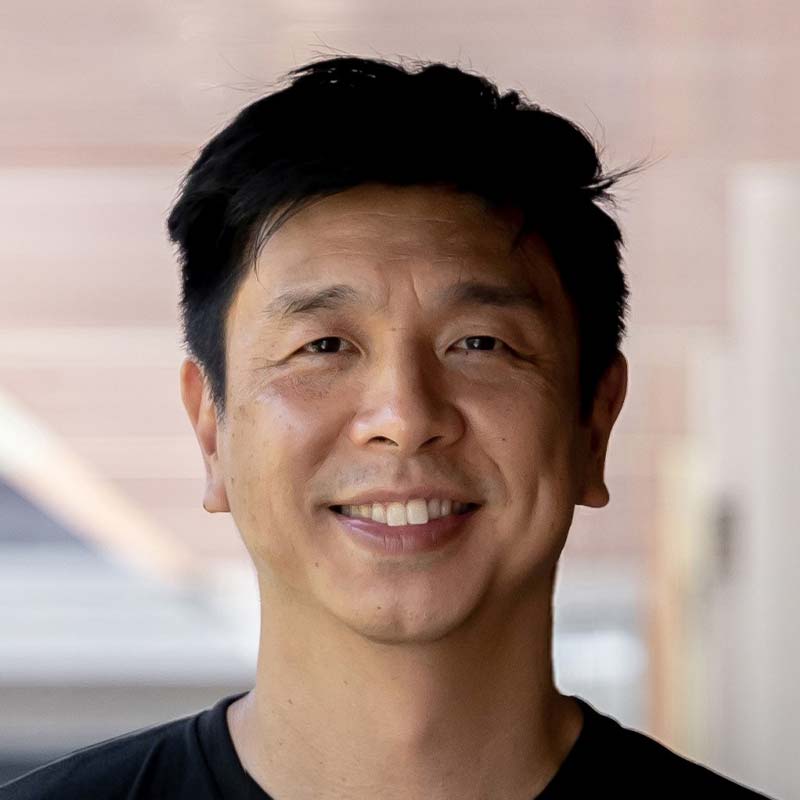
Chat Chuenrudeemol
Director, Chat Architects
Speaker
Director of Bangkok-based, Chat Architects, Chatpong Chuenrudeemol is an architect deeply impacted by the beauty and ugliness of Bangkok. His projects aim to capture the true essence of his birth city and are rooted in his research of “Bangkok Bastards”- the local live street vernacular often overlooked for their informality, but brimming with architectural invention and cultural authenticity. Chat is also focused on teaching his strategies on documenting “Bastard Arhitecture”, leading community-building design studios at Chulalongkorn University’s Intenational Programme in Design and Architecture.
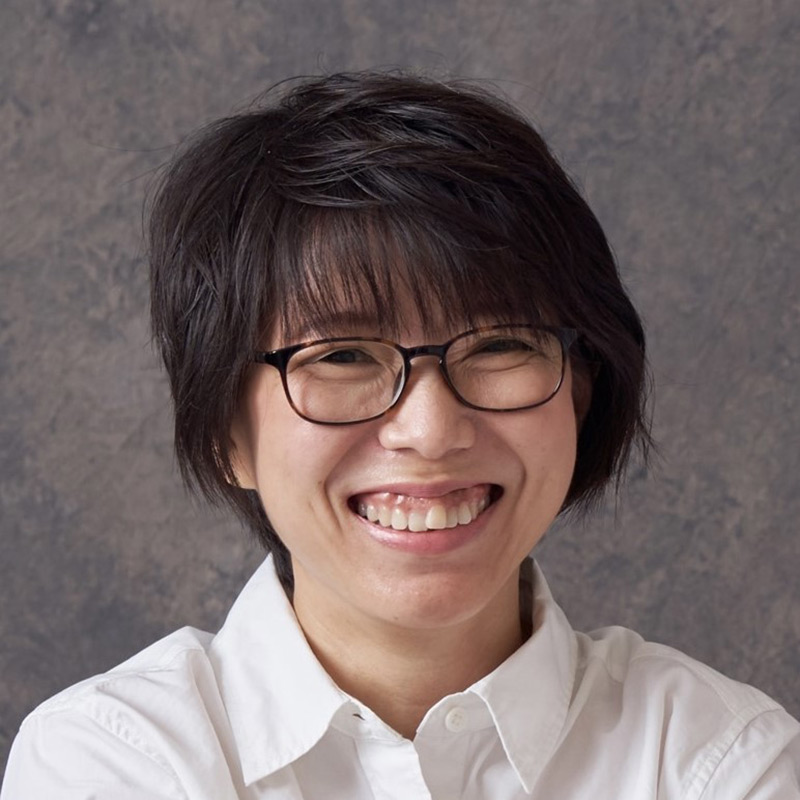
Dr Lily Yeo
Head, Active Ageing Centre, NTUC Health
Speaker
Dr Lily Yeo heads NTUC Health’s Active Ageing Centres, Singapore’s largest network supporting seniors to age well. She spearheads strategic growth and service transformation, shaping inclusive and engaging community spaces for ageing. With a PhD in Chemistry and an MSc in Applied Gerontology, Dr Lily brings over 20 years of leadership across corporate R&D, sales, and social innovation. Passionate about community well-being, she contributes to national initiatives in innovation, digitalisation, and healthy ageing, creating meaningful impact for seniors and society.
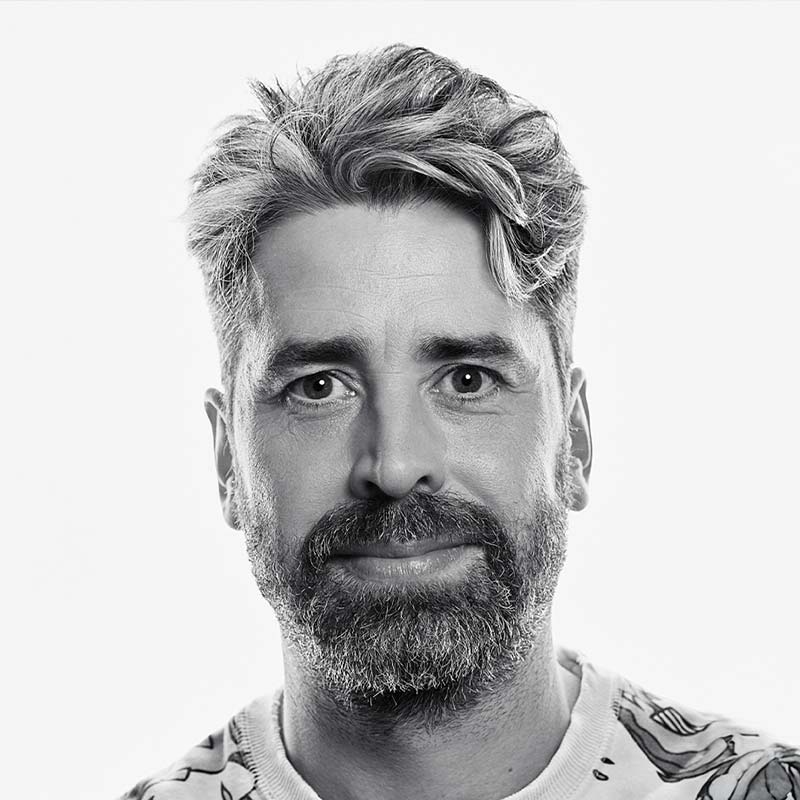
Thomas Thwaites
Design Researcher
Speaker
Thomas Thwaites is a design researcher, and author of two acclaimed books; The Toaster Project, and Goatman: How I took a holiday from being human. His work explores the social impacts of technology as we struggle to find a sustainable future. It is exhibited worldwide, with projects held in the permanent collections of national museums including the Victoria & Albert Museum (London) and the Boijmans Museum (Rotterdam). He has won multiple awards, including the the renowned ‘Ig Nobel Prize’ for Biology, and holds an MA in Design Interactions from the Royal College of Art, and a BSc. from University College, London.
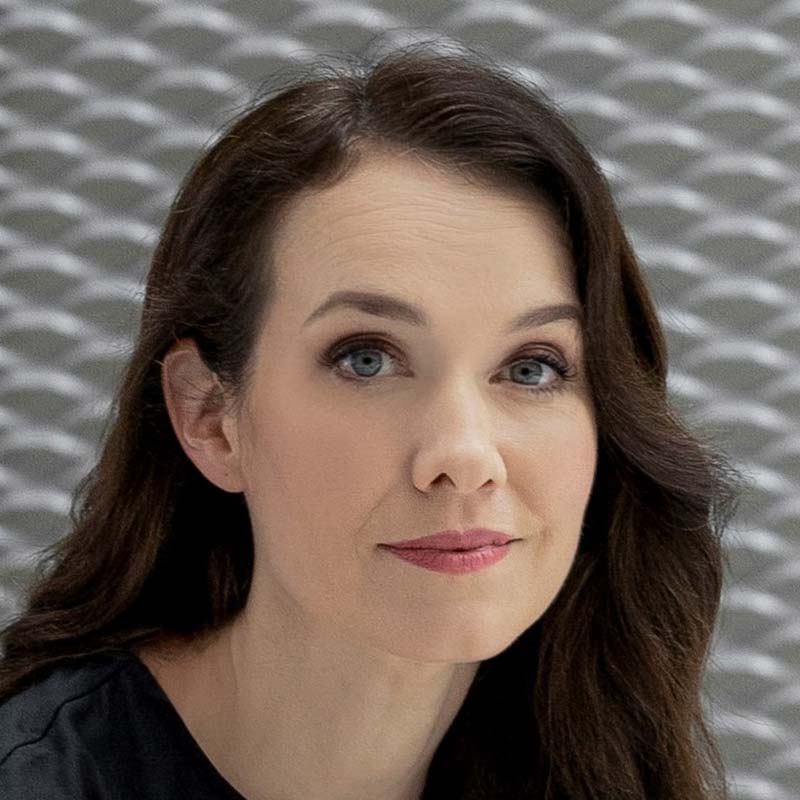
Tamsin Greulich-Smith
Director of Design Practice, DesignSingapore Council
Moderator
Tamsin Greulich-Smith is Director of School of X at the DesignSingapore Council, building learners’ design skills whilst tackling social challenges. She leads the Council’s Design X Care work, and is faculty at the Centre for Healthcare Innovation. She was previously founding Chief of the “Smart Health Leadership Centre” at the National University of Singapore, where she used digital data and design to transform health outcomes. In the UK, she ran an innovation firm specialising in strategic design across public and private sectors. She began her career in the first jointly-funded role between London’s Barnet Council and Barnet Health Authority, pioneering integrated care initiatives.
INSPIRATION SESSIONS
These sessions investigate speculative futures and adjacent possibilities, seeking to cultivate an orientation that embraces rather than merely tolerates volatility.
Witness the environment itself becoming an active player in games, explore architecture as a social practice rooted in community, craft, and land justice, and experience cinematic worlds shaped by AI and planetary infrastructures. Together, the speakers invite us to rethink our relationships with both ecological and social systems, and to consider the kinds of futures we want to inhabit.
SPEAKERS AND MODERATOR
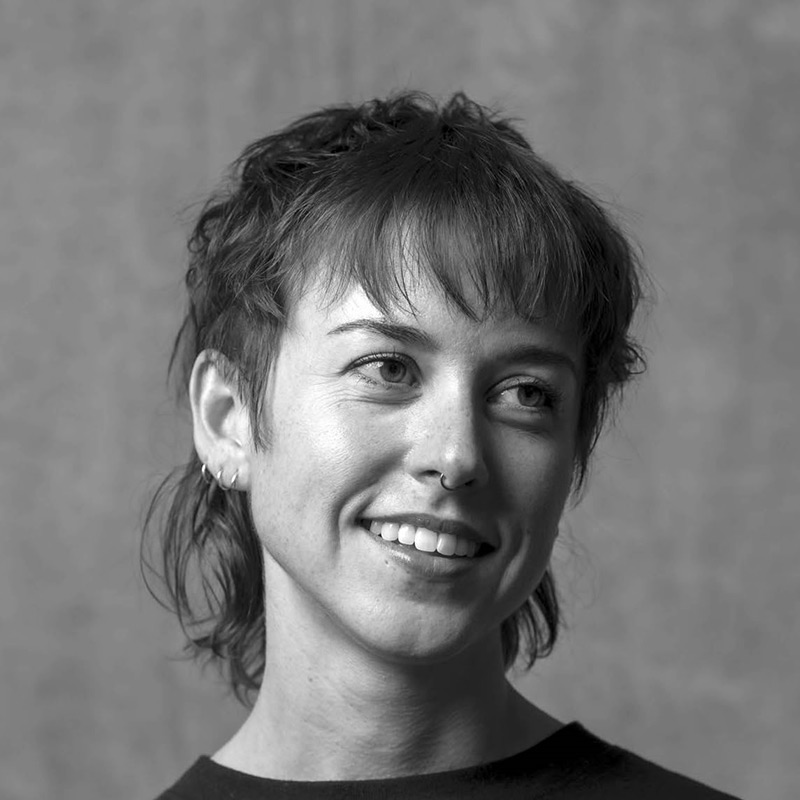
Alice Bucknell
Artist, Writer, Educator
Inspiration Session Speaker
Alice Bucknell is a North American artist, writer and educator based in Los Angeles. Their work explores the affective dimensions of video games as interfaces for understanding complex systems, relationships, and forms of knowledge. Bucknell is generally interested in the limits of scientific knowledge and systems thinking, speculative fiction as a critical method, and the ecological dimensions of video games that can dissolve binaries like humans versus environment, natural versus synthetic intelligence, and self versus world.

Louis Schulz
Partner, Assemble
Inspiration Session Speaker
Louis is a Partner at Assemble, where his work has focused on the social side of architecture. Louis has worked with both local authorities and philanthropists to set up community-led educational organisations both in the UK and in the United States empowering people to make change in their environment. Louis is also a dedicated builder and craftsman whose work embodies the belief that good design emerges from a deep understanding of craft. He has an interest in industrial space in the city, often working to make robust spaces for people working in the noisier, messier industries which are so often pushed out of the city.
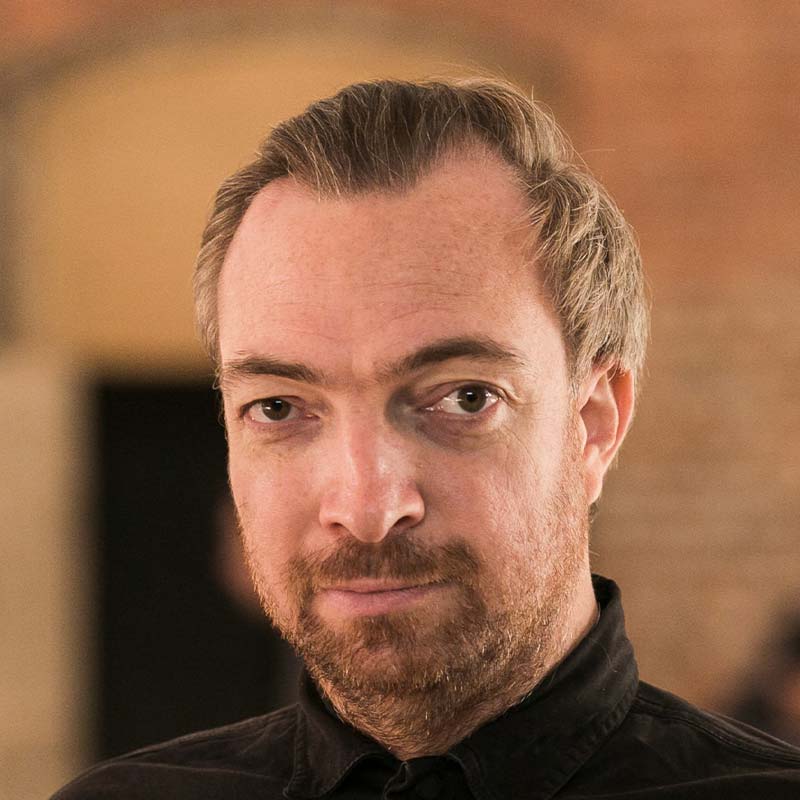
Liam Young
Artist and Filmmaker
Inspiration Session Speaker
Liam Young is a designer, director and BAFTA nominated producer who operates in the spaces between design, fiction and futures. Described by the BBC as ‘the man designing our futures’, his visionary films and speculative worlds are both extraordinary images of tomorrow and urgent examinations of the environmental questions facing us today. As a worldbuilder he visualises the cities, spaces and props of our imaginary futures for the film and television industry and with his own films he has premiered with platforms ranging from Channel 4, Tribeca, Venice Biennale, the BBC and the Guardian, and they have been collected by MoMA, Smithsonian, Art Institute of Chicago, the Victoria and Albert Museum and the National Gallery of Victoria amongst many others.
CLOSING SESSION
Design Futures Forum 2025 curators Aric Chen and Ong Ker-Shing led a dynamic closing panel featuring Dr Ayesha Khanna, Liam Young, Louis Schulz, and Alice Bucknell, reflecting on the forum’s broad explorations of design in navigating complex global systems and planetary challenges.
The speakers emphasised the need for designers to rethink traditional boundaries, embrace creative risk and failure, act with empathy and openness, and collaborate across disciplines to create more inclusive, impactful futures.
SPEAKERS AND MODERATOR
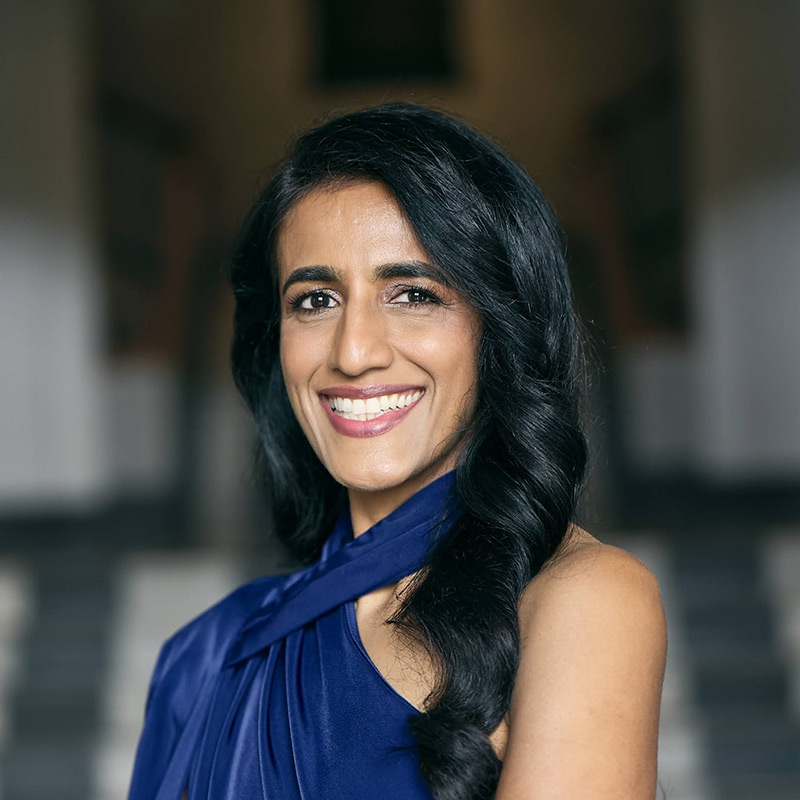
Dr Ayesha Khanna
CEO and Co-Founder, Addo AI
Closing Session Speaker
A thought leader in AI, Dr Khanna has been recognized as a groundbreaking entrepreneur by Forbes, named to Edelman’s Top 50 AI Creators (2025), and featured in Salesforce’s 16 AI Influencers to Know (2024). Committed to diversity in tech, she founded the charity 21C Girls, which taught thousands of students the basics of AI and coding in Singapore, and currently provides scholarships for mid-career women through her education company Amplify.

Alice Bucknell
Artist, Writer, Educator
Inspiration Session Speaker
Alice Bucknell is a North American artist, writer and educator based in Los Angeles. Their work explores the affective dimensions of video games as interfaces for understanding complex systems, relationships, and forms of knowledge. Bucknell is generally interested in the limits of scientific knowledge and systems thinking, speculative fiction as a critical method, and the ecological dimensions of video games that can dissolve binaries like humans versus environment, natural versus synthetic intelligence, and self versus world.

Louis Schulz
Partner, Assemble
Inspiration Session Speaker
Louis is a Partner at Assemble, where his work has focused on the social side of architecture. Louis has worked with both local authorities and philanthropists to set up community-led educational organisations both in the UK and in the United States empowering people to make change in their environment. Louis is also a dedicated builder and craftsman whose work embodies the belief that good design emerges from a deep understanding of craft. He has an interest in industrial space in the city, often working to make robust spaces for people working in the noisier, messier industries which are so often pushed out of the city.

Liam Young
Artist and Filmmaker
Inspiration Session Speaker
Liam Young is a designer, director and BAFTA nominated producer who operates in the spaces between design, fiction and futures. Described by the BBC as ‘the man designing our futures’, his visionary films and speculative worlds are both extraordinary images of tomorrow and urgent examinations of the environmental questions facing us today. As a worldbuilder he visualises the cities, spaces and props of our imaginary futures for the film and television industry and with his own films he has premiered with platforms ranging from Channel 4, Tribeca, Venice Biennale, the BBC and the Guardian, and they have been collected by MoMA, Smithsonian, Art Institute of Chicago, the Victoria and Albert Museum and the National Gallery of Victoria amongst many others.

Aric Chen
Director, Zaha Hadid Foundation
Moderator
Aric Chen is Director of the Zaha Hadid Foundation, the non-profit, London-based cultural foundation established by the late architect Zaha Hadid. Previously, he served as General and Artistic Director of Nieuwe Instituut, the Netherlands’ national museum and institute for architecture, design and digital culture; Professor at the College of Design & Innovation at Tongji University (Shanghai); and Lead Curator for Design and Architecture at M+, Hong Kong.

Ong Ker-Shing
Director, Lekker Architects
Moderator
Ong Ker-Shing is a designer and educator, co-founder of Lekker Architects, and Associate Professor (Practice) at NUS Department of Architecture. She is a registered Architect, with Masters degrees in Architecture and Landscape Architecture from Harvard Graduate School of Design. Shing has won multiple awards for her design work, including Singapore’s President*s Design Award of the Year twice. With Lekker, she works to advance interdisciplinary approaches to design for social impact and well-being.

